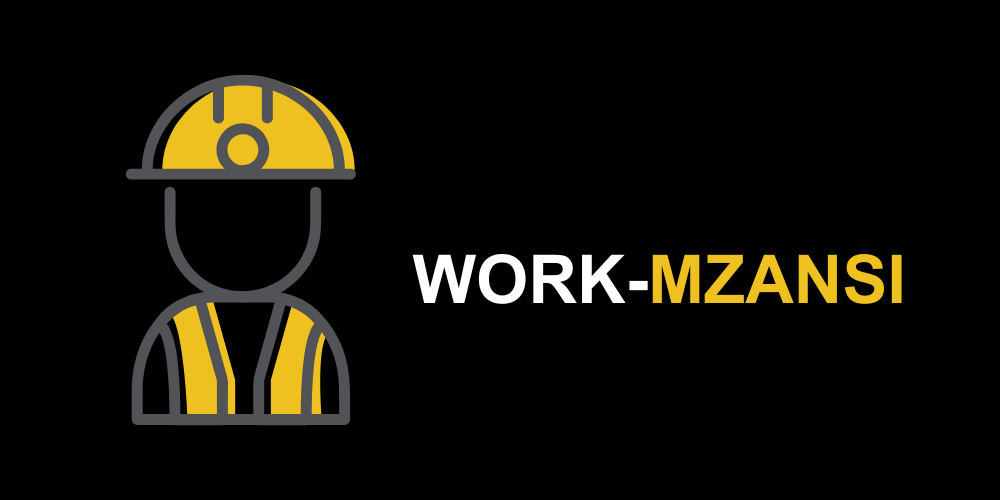Interviews are a critical part of the hiring process, allowing employers to assess a candidate’s skills, experience, and cultural fit within the company. Whether you are preparing for a job interview as an applicant or conducting interviews as a recruiter, understanding common interview questions and the best answers is essential. This guide provides a comprehensive overview of common interview questions, Answers, and essential interview tips to help you excel.
common Interview Questions and Answers
Interview questions typically fall into different categories:
- General Interview Questions
- Behavioral Interview Questions
- Technical Interview Questions
- Situational Interview Questions
- Leadership and Management Questions
- Company-Specific Questions
- Questions to Ask the Interviewer
- Industry-Specific Interview Questions
- Difficult and Tricky Interview Questions
- Salary and Benefits Discussion Questions
Let’s explore each category with sample questions and ideal answers.
1. General Interview Questions and Answers
These questions help the interviewer understand your background, qualifications, and motivations.
Q1: Tell me about yourself.
Best Answer: “I am a [your profession] with [X] years of experience in [your industry]. I specialize in [specific skills], and I have worked on projects that involved [mention achievements]. In my previous role at [company], I [describe an accomplishment]. I am passionate about [related interest], and I’m excited about this opportunity to bring my expertise to [company name].”
Q2: Why do you want to work here?
Best Answer: “I admire [company name] for its commitment to [core value or mission]. I am particularly interested in this role because it aligns with my skills in [mention relevant skills]. I am eager to contribute to your team and help achieve [company goal].”
Q3: What are your strengths and weaknesses?
Best Answer: “One of my strengths is my ability to [mention skill], which has helped me [give an example]. A weakness I am working on is [mention weakness], but I am actively improving by [explain how].”
2. Behavioral Interview Questions and Answers
These questions assess how you handled past situations.
Q4: Tell me about a time you faced a challenge at work.
Best Answer: “In my previous role, I encountered [specific challenge]. I addressed it by [explain solution]. As a result, [describe positive outcome]. This experience taught me the importance of [lesson learned].”
Q5: Give an example of when you worked in a team.
Best Answer: “I worked on a team project where we had to [describe project]. My role was [explain role], and I contributed by [explain contribution]. We successfully [describe outcome], which was a great team achievement.”
3. Technical Interview Questions and Answers
These vary by industry and role but often test problem-solving skills and technical expertise.
Q6: Can you explain [industry-related concept]?
Best Answer: “Certainly! [Explain the concept clearly with an example].”
Q7: How do you stay updated with the latest industry trends?
Best Answer: “I follow industry news through [mention sources], participate in online courses, and attend relevant webinars or conferences.”
4. Situational Interview Questions and Answers
These questions assess how you would handle hypothetical scenarios.
Q8: What would you do if you had multiple deadlines approaching?
Best Answer: “I would prioritize tasks based on urgency and importance, communicate with stakeholders, and delegate if necessary.”
Q9: How would you handle a difficult coworker?
Best Answer: “I would try to understand their perspective, communicate openly, and find common ground to work effectively together.”
5. Leadership and Management Questions and Answers
For managerial roles, these questions evaluate leadership abilities.
Q10: How do you handle conflict within your team?
Best Answer: “I encourage open dialogue, mediate discussions, and work towards solutions that benefit both the team and the company.”
Q11: Describe your leadership style.
Best Answer: “I believe in leading by example, fostering a collaborative environment, and empowering my team to take ownership of their work.”
6. Company-Specific Questions and Answers
These questions gauge your knowledge of the company.
Q12: What do you know about our company?
Best Answer: “I know that [company name] is known for [mention key facts]. I admire your work in [mention area], and I appreciate your company culture and values.”
7. Questions to Ask the Interviewer
Always prepare thoughtful questions to show engagement.
Q13: Can you describe the team I’d be working with?
Q14: What are the company’s biggest challenges right now?
Q15: What qualities make someone successful in this role?
8. Industry-Specific Interview Questions
Questions tailored to specific industries such as IT, healthcare, finance, or education.
9. Difficult and Tricky Interview Questions
Handling curveball questions that test your critical thinking.
10. Salary and Benefits Discussion Questions
Best strategies to discuss salary expectations and benefits. learn more here
Interview Tips for Success
Before the Interview
- Research the Company: Understand the company’s mission, values, products, and recent news.
- Understand the Job Description: Align your skills and experience with the job requirements.
- Practice Common Questions: Rehearse answers to common interview questions to boost confidence.
- Dress Professionally: Choose appropriate attire that fits the company culture.
- Prepare Your Documents: Bring multiple copies of your resume, a portfolio (if applicable), and references.
During the Interview
- Arrive on Time: Plan to arrive 10-15 minutes early.
- Use Positive Body Language: Maintain eye contact, offer a firm handshake, and sit up straight.
- Listen Carefully: Take your time to understand the questions before answering.
- Be Honest and Concise: Provide clear and relevant answers without rambling.
- Show Enthusiasm: Express genuine interest in the company and role.
- Ask Thoughtful Questions: Demonstrate your curiosity and engagement.
After the Interview
- Send a Thank-You Email: Express gratitude and reiterate your interest in the position.
- Reflect on Your Performance: Identify areas for improvement in future interviews.
- Follow Up: If you haven’t heard back within the given timeframe, send a polite follow-up email.
Conclusion
Preparing for an interview with a solid understanding of common questions and well-crafted responses can boost your confidence and enhance your performance. Tailoring your answers to your experiences allows you to present yourself as a strong candidate ready for success.
Asking insightful questions can set you apart, showcase your enthusiasm, and help you determine whether the role aligns with your career goals. The ten essential questions in this guide will enable you to make an informed decision while leaving a positive impression on the interviewer.
Remember to listen actively, take notes, and adapt your questions based on the conversation. An interview is a two-way process—just as the employer assesses you, you should evaluate them to ensure the best fit for your professional growth. By following these interview tips, you will improve your ability to present yourself effectively, engage with interviewers, and make a lasting impression.
Good luck with your next interview!





Leave a Reply